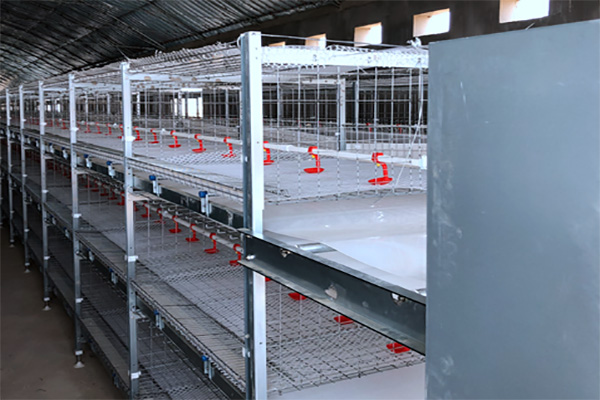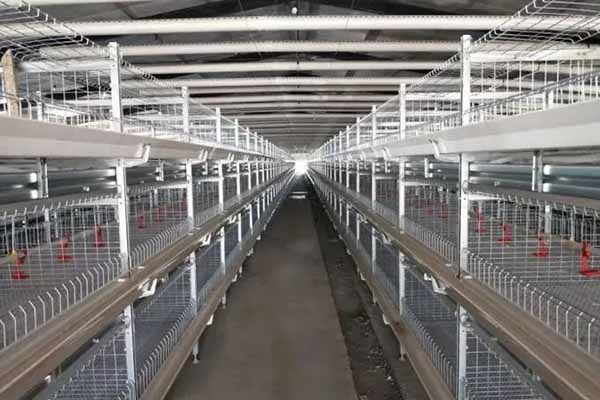Sustainable Chicken Farming Practices: A Comprehensive Guide for Modern Poultry Producers
As the poultry industry continues to evolve, sustainable farming practices have become a focal point for both environmental responsibility and long-term profitability. This article delves into the essential practices for sustainable chicken farming, highlighting key areas such as equipment, automation, and resource management.
Key Practices for Sustainable Chicken Farming
- Energy Efficiency
- Resource Conservation
- Air Quality Management
- Animal Welfare
Implementing energy-efficient poultry farming equipment, such as LED lighting and automated systems, can reduce operational costs and carbon footprint. According to a study by the University of California, Davis, energy-efficient systems can reduce energy consumption by up to 40%.
Water conservation is crucial in poultry farming. Advanced water recycling systems and low-flow equipment can significantly cut water usage. Moreover, using organic fertilizers and feed additives can reduce waste and improve soil health.

Proper ventilation systems are essential to maintain air quality and prevent disease outbreaks. Automated chicken cages with smart climate control can optimize air exchange rates, reducing the need for antibiotics and enhancing animal welfare.
Sustainable farming practices include ensuring comfortable living conditions for chickens. Automated chicken cages that provide adjustable temperature, lighting, and feeding systems contribute to better animal health and productivity.
<img src="http://www.qualitychickenfarm.com/wp-content/uploads/ 2025/04/45360-chickens-layer-battery-cage-system-price-in-nigeria.jpg” alt=”inserted image”>
2025/04/45360-chickens-layer-battery-cage-system-price-in-nigeria.jpg” alt=”inserted image”>
Equipment and Technology for Sustainable Poultry Farming
Investing in the right equipment is vital for implementing sustainable practices. Here are some key poultry farming equipment options:
- Automated Chicken Cages
- Smart Feeders
- Water Recycling Systems
Automated chicken cages offer precise control over feeding, watering, and climate. They also facilitate health monitoring and reduce labor costs.
Smart feeders can adjust feeding amounts based on individual bird needs, reducing feed waste and optimizing nutrition.
Water recycling systems can filter and reuse water, significantly reducing water consumption on the farm.
Conclusion
By adopting sustainable chicken farming practices and investing in advanced poultry farming equipment, producers can achieve environmental, social, and economic benefits. Implementing these practices not only helps protect the planet but also ensures a competitive edge in the market.
Are you ready to transform your poultry farm into a sustainable operation? Contact us today for a free, personalized poultry farming design and equipment quote. Let LIVI Mechanical help you create a thriving, sustainable future for your farm.




